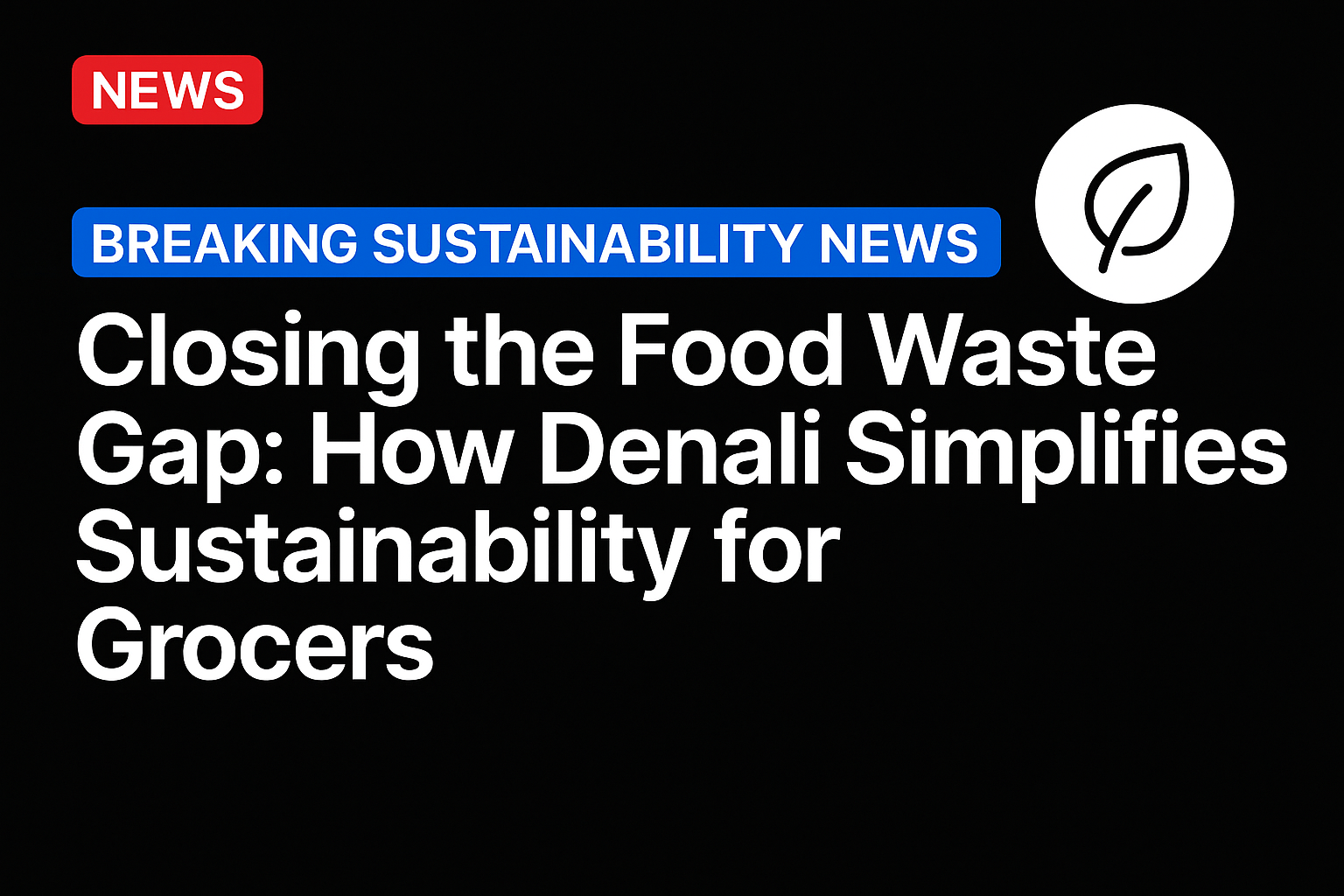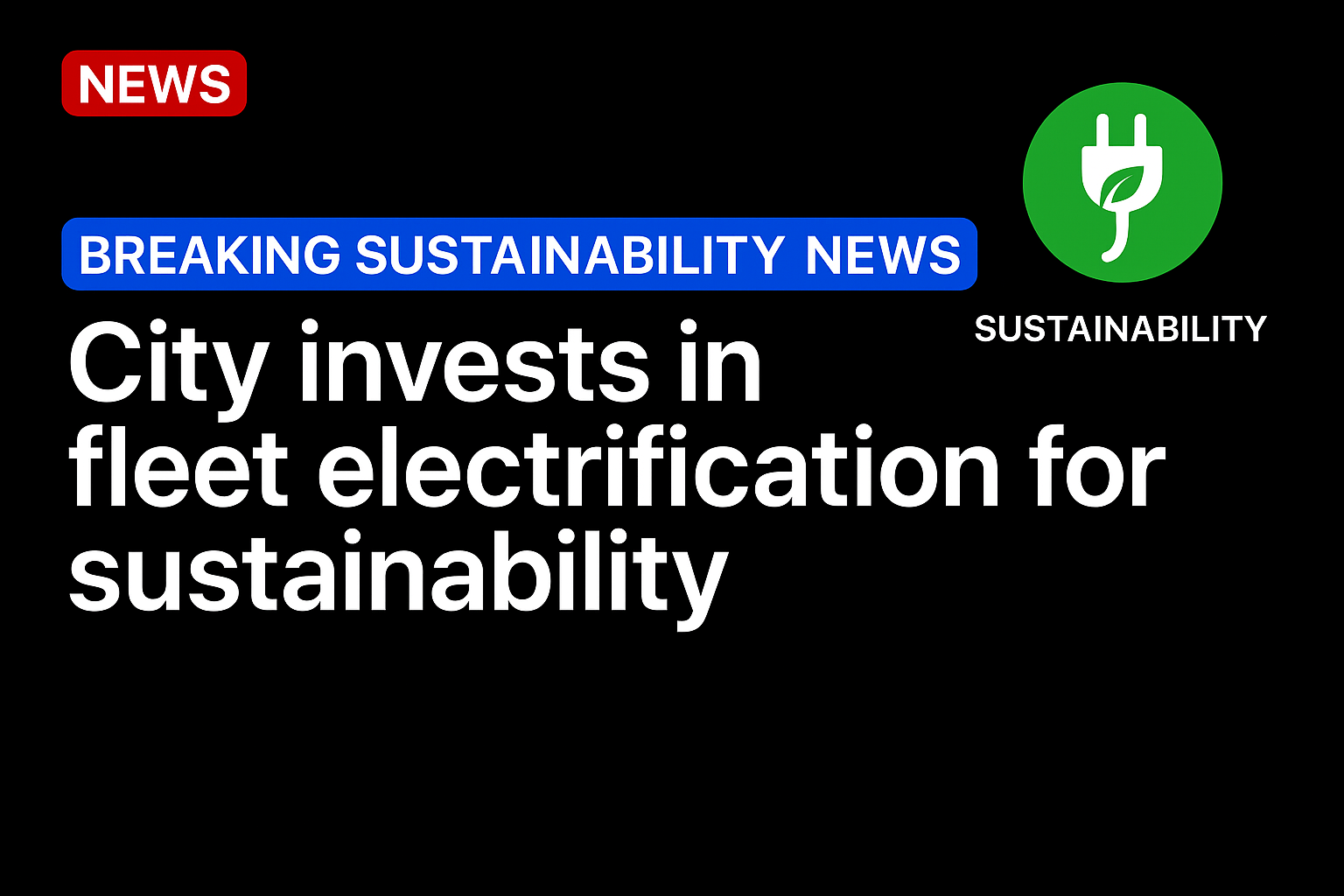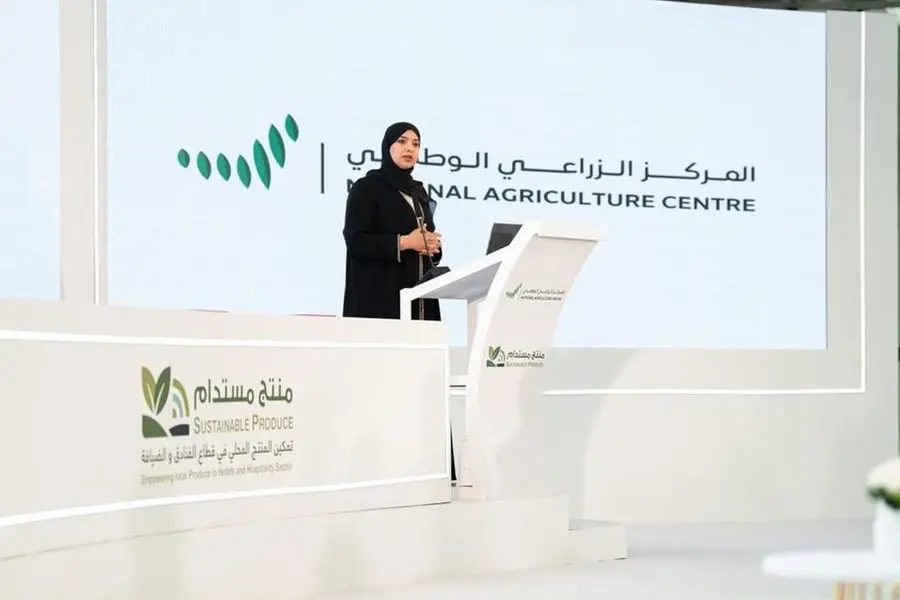Denali, an organics recycling company on a mission to replenish the Earth by repurposing waste, is tackling one of the most pressing issues in today’s food system: the enormous amount of unsold food that ends up in landfills.
“If you look at statistics on how much food is going to landfill — unused, unsold food — is about 74 million tons of food waste. Out of that, 9 million tons were recycled. So let’s just say 65 million tons went to landfill,” says Eric Speiser, chief revenue officer for Denali. “It’s a huge issue.”
The environmental implications are clear, Speiser says: food waste is the leading source of methane emissions from landfills, making solutions urgent and necessary.
According to Speiser, grocery retail is among the most mature industries in recognizing and addressing food waste because of the nature of its business. Yet, the operational challenges historically made recycling difficult.
“In most grocery stores, before Denali, they would have this rule that if an employee can’t unpackage food in three seconds or less, they throw it away.” That often meant packaged produce or other items were discarded outright, he says.
Denali changed the model by offering bins that accept all food waste — packaged, unpackaged, cooked or raw — streamlining the process for store employees. As a result, retailers have seen donations and flash sales of near-expired products increase significantly, while overall landfill diversion has improved.
Fresh produce plays a central role in this effort. In California, Denali collects unsellable produce and transports it to its facility in Coachella, where it is repurposed as animal feed.
In other cases, produce waste is composted using Denali’s depackaging technology, then blended with green waste and, over 16 weeks, transformed into compost. Some of that compost is bagged and even sold back to the same grocers that provided the food waste. Walmart, for instance, carries Denali’s Recirculate compost on its shelves — a tangible example of the circular economy.
Education continues to be important, Speiser says. Many people still don’t realize food waste can be recycled or that buying compostable containers can make waste diversion programs more effective.
“Food should not be going into trash bins,” he says. “It can be recycled. And if you can start to buy compostable items, it allows you to create an even more impactful sustainability plan.”
Denali’s approach demonstrates that with the right infrastructure and education, grocery retailers can move beyond wasteful practices and embrace circular solutions that replenish the earth.
Source: https://www.thepacker.com/




